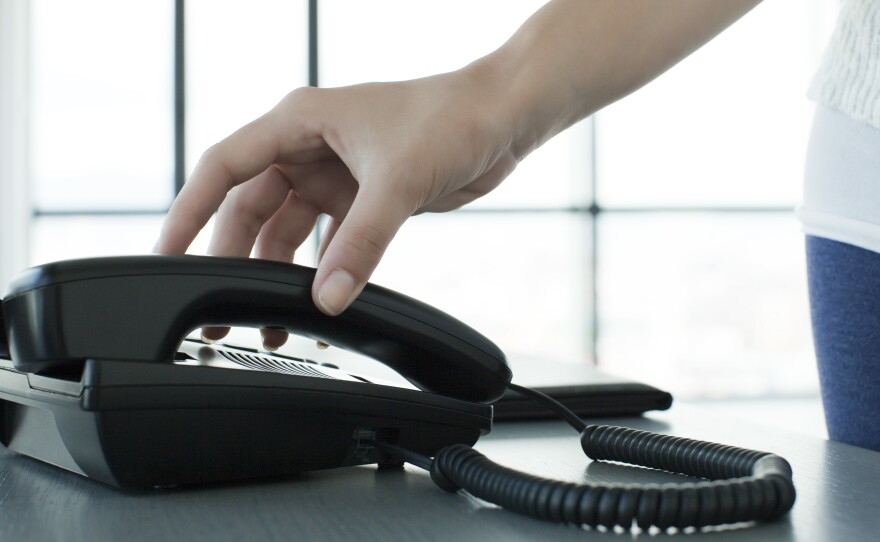Busy week? I had news meetings, family stuff, and interviews, of course. And then I got a call from an officious, digitized voice that said they were the IRS. It informed me they've noticed suspicious activity on my account. Not a good start to the day.
Soon, more bad news. A call from a similar-sounding robo-voice — maybe they're siblings — said they've noticed suspicious activity on my credit card account.
But good news, a minute later: a peppy, friendly, recorded voice, told me my spotless driving record entitled me to receive a great new deal on car insurance.
Then I remembered: I have no driving record. I have no driver's license, although that did not discourage another genial recorded voice who called a few minutes later to offer a great new deal on a car warranty because of my immaculate driving history.
By the way, I also have spotless record in performing brain surgery.
I take no poetic license when I say that on any given day, I get dozens of calls to say that I've won a vacation, a home alarm system, or discounts on scores of pharmaceuticals. I get calls to warn me of suspicious activities on my Social Security or credit card accounts, and calls imploring me to donate to groups that sound faintly familiar, but are likely just cleverly monikered scams. 40% of robocalls reportedly are.
Spam is a unifier in these times of partisan divides. A survey conducted by Business Insider this year reports that 80% of Democrats say they received spam calls, 79% of Republicans, and equal percentages of men and women, rich and poor.
46% of Americans surveyed said they received spam calls every day. But like the weather and infrastructure legislation, nobody seems to know what to do about it. Software can dial thousands of random numbers in seconds. All scammers need is a few to answer.
But it struck me this week that there may be something especially inconsiderate about these calls during these times. More of us are working at home. So many of us feel isolated and anxious, especially on a week like this, when masks are back, infections are on the rise, and the pandemic can seem unremitting. The ring of the phone can be piercing. We answer, whatever the number, because we worry it could be vital news about family or friends. Or we answer for a chance to hear another human voice. Press pound if you're feeling a little lonely, anxious, or overwhelmed.
Copyright 2021 NPR. To see more, visit https://www.npr.org.






